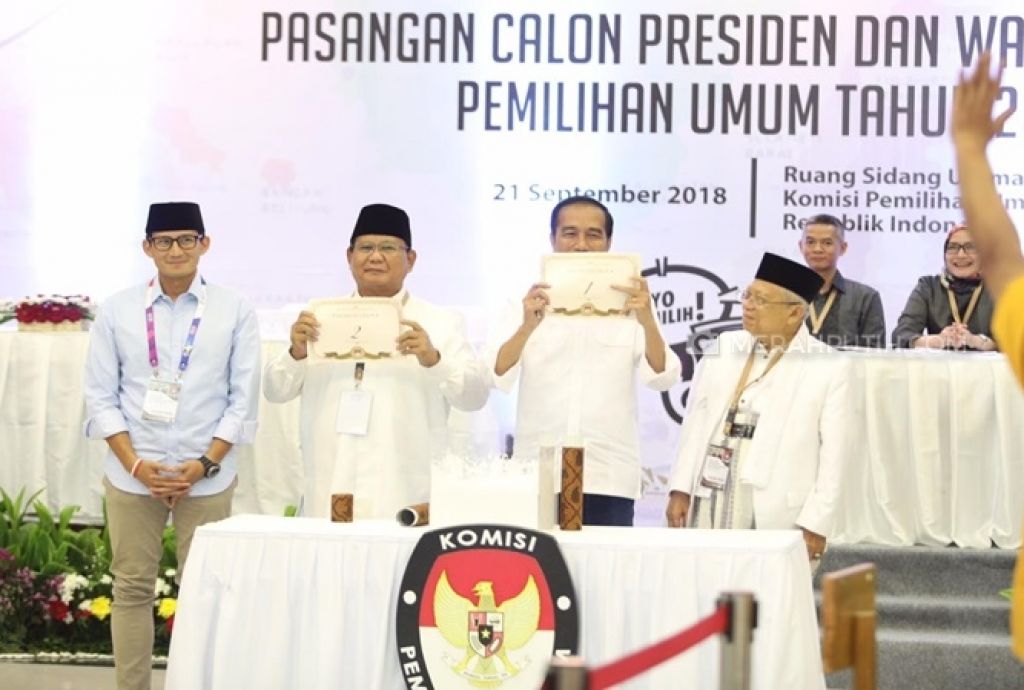Everything You Need to Know About Indonesia’s Upcoming Presidential Election – April 2019

With a robust democracy, a GDP of more than $1 trillion and 264 million inhabitants, Indonesia is the most dynamic economy of South-East Asia. As the presidential election date is approaching, the voting intention polls are getting more accurate and candidates are finalizing their campaigns.
Contenders:
The 2019 elections will see a rematch of 2014: incumbent president Joko (Jokowi) Widodo of the PDI-P party, will face former military leader Prabowo Subianto head of the Gerindra Party.
Key issues:
In the present political climate, public debate emerges over the role of Islam in public life, social inequalities, foreign debt, and fake news while the ruling government fights to maintain the rupiah amid changing trade conditions.
Prospects:
As of January 2019, latest polls forecast Jokowi as the favorite despite public vacillation over him not having met all his 2014 commitments. The incumbent partnered with Ma’ruf Amin, the senior Muslim cleric, to reinforce his religious and conservative appeal.
Prabowo brings fairness to the force through economic and political prosperity arguments. By being a former military leader, he is credible on security and brings a strong man image.
Economic issues:
This year, the economy is the central aspect of elections. It is a potential weak spot for Jokowi that Prabowo already took advantage of. Both candidates are likely to appeal to voters with populist economic policies to address domestic social inequalities and a tense global trade environment.
Overall, the 2019 Indonesian elections issues reflect global world trends. Fake news across social media, fights over social equality, money politics and corruption have already opened controversial debates across the world.




